An Interview with Dr. Peter de Knijff, a Pioneer in Forensic DNA
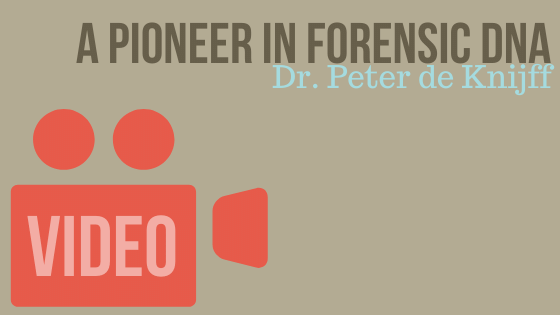
Leiden University’s Peter de Knijff humbly declines being called a guru, but, as a pioneer in forensic DNA, his contributions to the field have been plentiful. Dr. de Knijff is a full professor in population genetics and evolutionary genetics at Leiden University Medical Center (LUMC), where he has lead the Forensic Laboratory for DNA […]
Application of SNP Probe Capture Enrichment and Massively Parallel Sequencing in the Analysis of Degraded and Mixed Samples
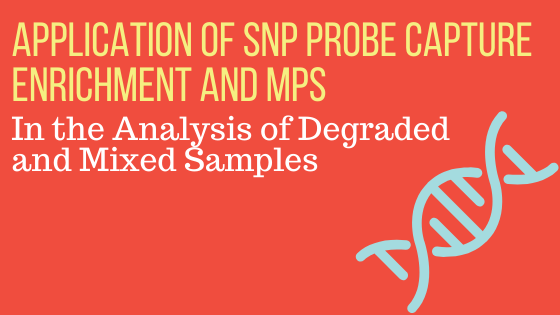
Samples that are highly degraded and mixed in nature are commonly found in mass disaster events, missing persons, and forensic casework and often pose issues with conventional short tandem repeat (STR) typing by capillary electrophoresis (CE). DNA fragment sizes less than 150 bp present issues as two intact primer binding sites may not be present […]
Assessing Crude Extracts from Reference Samples in Massively Parallel Sequencing Workflows

Forensic science tends to be a slow-moving field, but every so often new technology helps push forensic testing forward. Massively parallel sequencing (MPS) is one such technology with substantial potential benefit for forensic DNA testing. Through a technology transfer partnership, Ohio BCI and the Battelle Memorial Institute (Columbus, Ohio) have implemented MPS-based mitochondrial DNA (mtDNA) […]
Molecular Dissection of a Crime Scene: Introducing STR Sequencing in Routine Investigation
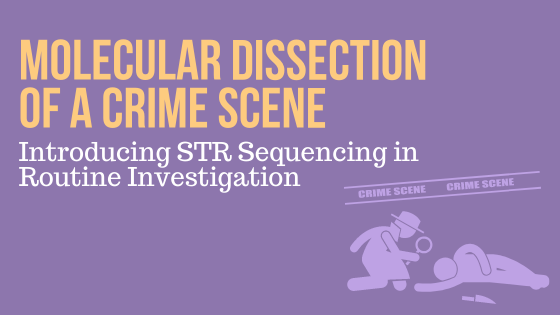
I currently work as a post-doctoral researcher at the Institute of Legal Medicine, Ludwig Maximilian University of Munich (LMU). My ongoing research concerns the application of NGS in the routine forensic work. Written by: Marta Diepenbroek, Institute of Legal Medicine I started to work in forensics in 2012 and I was very […]
Exploring the Value of Biogeographic Ancestry in the Absence of a DNA Database

There are many scenarios encountered in forensic casework in which bone may be the only viable sample type for DNA testing, including fires, terrorist attacks, natural disasters, war conflicts, airline crashes, homicides, human trafficking, and mass graves. In these cases, the condition of recovered human remains can range from relatively intact to highly degraded and/or […]
Is MPS Right for Your Forensics Lab?

Next-generation sequencing (NGS), or massively parallel sequencing (MPS), is a powerful tool for genomic research. This high-throughput technology is fast and accessible—you can acquire a robust data set from a single run. While NGS systems are widely used in evolutionary biology and genetics, there is a window of opportunity for adoption of this technology in […]
Molecular Autopsies in the Whole Genome Sequencing Era
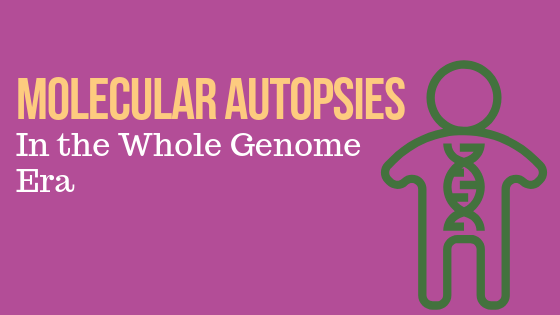
Every year, nearly 8 million people die from sudden cardiac death, which is defined as the unexpected death of a seemingly healthy person due to malfunctions in the heart’s electrical system and loss of cardiac function. Although sudden cardiac death (SCD) is usually associated with mature adults, SCD claims thousands of young lives every year. In […]
Harnessing the Power of Massively Parallel Sequencing in Forensic Analysis
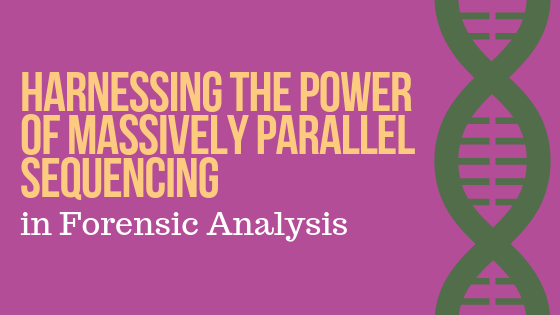
The rapid advancement of next-generation sequencing technology, also known as massively parallel sequencing (MPS), has revolutionized many areas of applied research. One such area, the analysis of mitochondrial DNA (mtDNA) in forensic applications, has traditionally used another method—Sanger sequencing followed by capillary electrophoresis (CE). Although MPS can provide a wealth of information, its initial […]
A Cost-effective Workflow for Massively Parallel Sequencing of Drug Metabolizing Enzymes
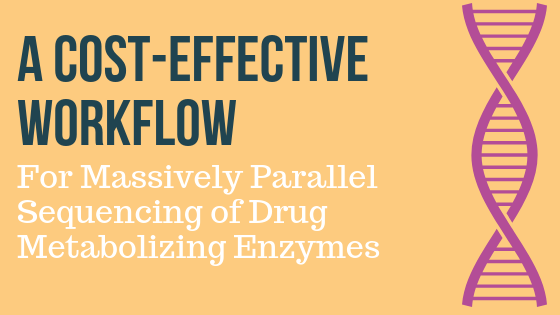
After taking a course in Pharmacogenomics as part of my PhD program, I found the transdisciplinary approach required to understand the subject, combining both genetics and drug response, was an interesting combination that I wanted to explore. As part of a capstone project, the opportunity to work on a project in this area presented itself, […]

